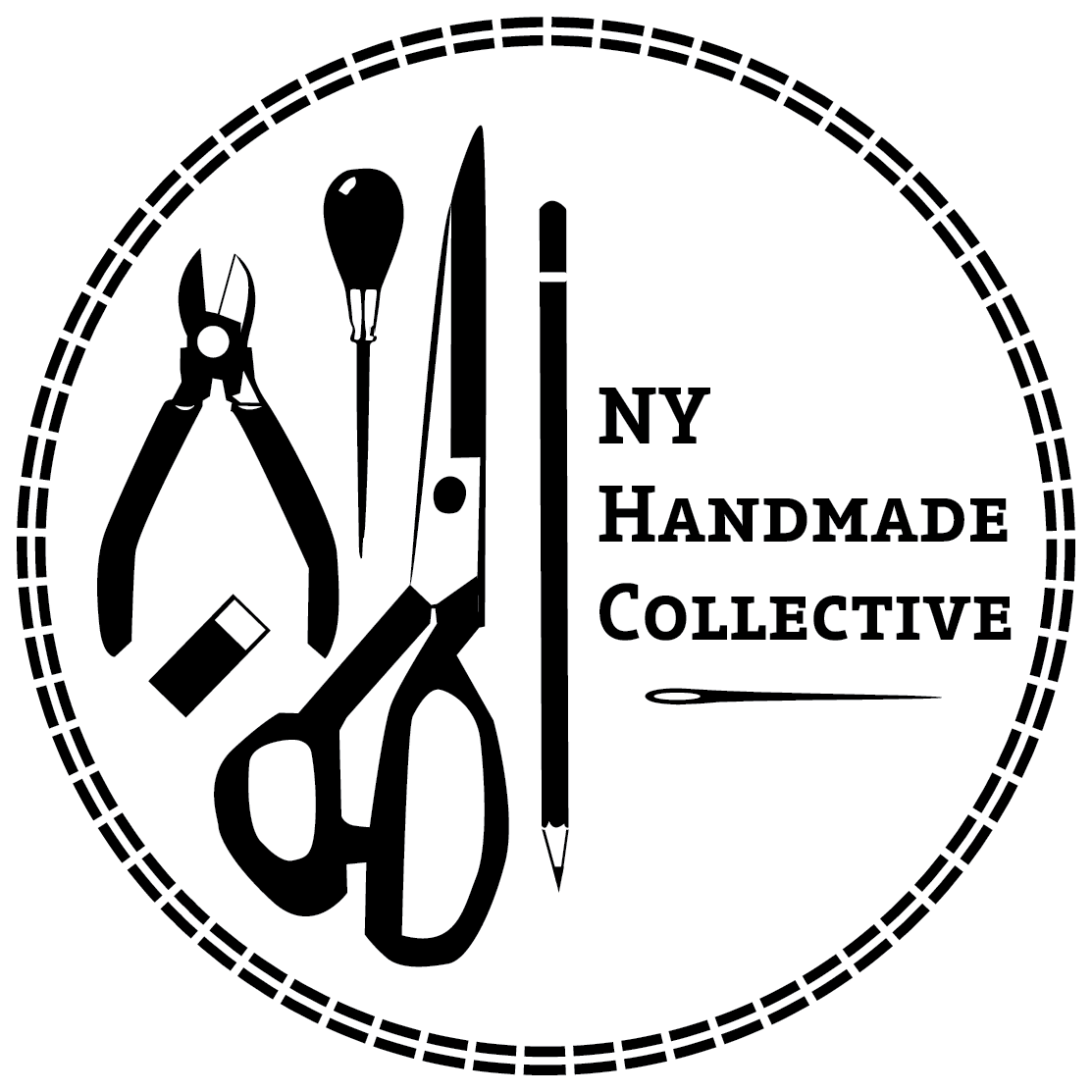“Hello Etsy: What's Up?"
I am a sucker for every seminar and program that I think might help the family jewelry business, which has an etsy shop. With that in mind, I saw that many of my team mates signed up for “Hello Etsy at Pratt: Reimagine the Marketplace” at the end of this month.
I wanted to go, but the more I read, the more confused I got. Perhaps this is aimed at a specialized audience? So I’m looking forward to the future blog posts that are going to explain what I could not figure out.
Hello Etsy is evidently something that happens each year because this one is partnering with Pratt Institute “to bring Hello Etsy home to Brooklyn” as the materials says. Isn’t Etsy based in Brooklyn?
Admission to the event is $85, which in the world of etsy events is a little steep. And it struck me that there’s something of a paradoxical reaction here, which is when something creates the very opposite of what it intends. In this case, this is an event created to address new realities for business but it uses the most tried and true form of meetings and conventions to do it: speech after speech by talking heads.
It is billed as “addressing the future of consumption, new methods of production and alternative approaches to work.”
“Together, we will discuss building the creative economy of the future,” says the promotional material, “one that is connected, human-scaled, joyful, and lasting.” Wow, I don’t know where to begin. Can that even be accomplished from 5:15 to 7:30 on a Friday evening? Without beer?
They say, “we hope to prove that business does not have to be brutal to be successful and fulfilling.”
“Brutal?” Like Zero Dark Thirty brutal? Where is that beer?
The event begins with a Welcome from Chad Dickerson, CEO of Etsy, and a “Keynote Address” from Douglas Russhkoff, author of When Everything Happens Now. When else does everything happen? I am already so confused.
Russhkoff will “explore how the repressive economic operating system of the Industrial Age is giving way to a real-time, peer-to-peer marketplace of real people.” I feel compelled to note all people are real.
Is he dividing the world into two kinds of humans, one that makes jewelry in her pajamas like I do, and one that is the brutal economic zombie type for which this program wants to offer protection?
Now, try to follow this: Russhkoff “…advocated agency in an era of programming and is digital literacy advocate for code academy.” Clearly, I majored in the wrong subject in college because I have no idea what that means.
There is a second Keynote Speaker, if that makes you feel better.
On Saturday morning, Stewart Wallis will explain “how our economies face four interlinked system problems, which is that they are unsustainable, unfair, unstable, and are making many of us unhappy.” More liquor, please.
If you stick around, he’ll review "the radical changes required to make an economic transformation of good jobs, good business and good markets come to fruition.”
Then there is a coffee break, but before lattes, Laurie Santos is going to address my “monkey mind.” Damn, she’s probably been talking to my sister.
Santos says that monkeys exhibit some of the same decision biases that humans do, which explains why humans repeatedly make the same irrational monkey-type decisions. You know, that explains a lot, and it could be a long, sad subway ride home contemplating this if only there weren’t 13 other lectures before Sunday evening, including one by Charles Eisenstein that -- on the bright side -- champions what he calls "the deep cultural and economic shift underneath the Etsy phenomenon."
Eisenstein declares “it is always a little bit crazy to be an artist: to do things for beauty, not money, to be a servant of a vision, to obey the artistic imperative.” Eisenstein, you had me at “crazy,” cause that is something I can actually understand.
But then I saw the title of his book, The Ascent of Humanity and Sacred Economics. And now again, I’m feeling lost. How in the name of all things holy, could economics be sacred?
If you are a better, or more intelligent, woman than I am, and plan to attend the conference, you can find more information, here.
Susan/Wink and Flip



